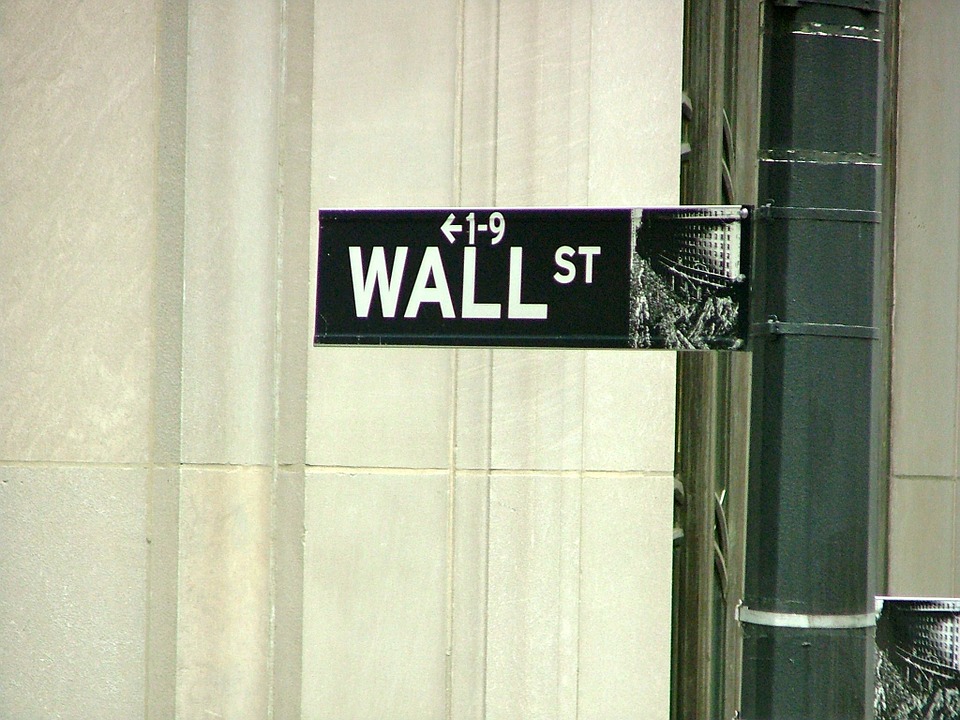
With the financial crisis nearly a decade behind us, and with the latest figures showing 4.1 percent economic growth, the economic woes of yesteryear feel increasingly distant in our past.
Even still, it’s hard to avoid the sense that something remains amiss—that beneath the material successes and encouraging metrics about unemployment rates and Gross Domestic Product, our society continues to lack the moral fabric necessary for sustained and holistic economic flourishing.
In his book, Crisis of Responsibility, investment advisor David Bahnsen highlights that core concern, arguing that from Main Street to Wall Street to the halls of political power, we continue to witness a culture-wide deterioration of virtue. Such a decline, he argues, will inevitably find its way to our economic freedoms and institutions, diminishing each, in turn.
In a recent conversation with Jonah Goldberg, Bahnsen expands on those themes, noting the lopsided focus that the “pro-market” movement continues to put on surface-level features. As a result, we’ve neglected the moral arguments and cultural catechesis necessary for properly inhabiting our economic institutions and leveraging our range of channels for trade and exchange.
Why not lie about our balance sheets? Why should we pay our bills? Why not walk away from our debts when the going gets tough? Why not deceive and exploit our customers, if the laws allow for it—nay, if they encourage it?
Without the proper moral norms, Bahnsen explains, we enter into “a vicious cycle,” with the violation of those norms leading to “a breakdown of the sort of econometric necessities of a free market economy.” Such a breakdown does not just result in “bad people” or slippery ethics, of course. “It effects interest rates,” he explains. “It effects cost of money. It effects the nature of commerce in general. People can’t trust the other side.”
Calling himself a “big zealot for the Acton Institute” due to its focus on the moral foundations of the market economy, Bahnsen says that getting the connection right “is life or death for the future of free enterprise in our country.”
Indeed, it always has been. If our defenses of the free market are only focused on “rational self-interest” or the ripple effects our actions on the the economic growth of Industry X, the balance sheet of Company Y, or the pocketbook of Employee Z, we will soon forget the very premises that hold it all together. As Bahnsen explains:
Capitalism as a cultural institution so to speak is extremely important…and I believe was very important to our founders. It presupposed a certain morality, a virtuous people…I think we’ve spent a few decades — within conservatism, within people who are pro-market — trying to defend it econometrically…I think, net net…the Randian approach to markets has done more harm than good, because they have gotten virtually every conclusion right from almost entirely wrong premises.
To me…it is rooted in the dignity of the human person. My argument against someone walking away from their bank mortgage was not merely what it would do to credit spreads. It was that it robbed that person of their dignity, and that it denied the concepts of human accountability, responsibility, thrift, and virtue. Fundamentally, I’m a big pro-market guy, which means I’m fundamentally opposed to a lot of government intervention in the market, but that reasoning is not all pragmatic. It’s not all based on how we can maximize profit per share or how it grows GDP. I think those things are important, but they are all a consequence. Fundamentally, I think the human person is most stimulated and achieves the most joy when, in that paradigm, they are able to achieve their dreams not be a ward of the state.
That’s the story that ought to ground our economic action, and its one worth telling and re-telling, even or especially when the economic times seem bright and rosy. If we continue to forget and neglect the true sources of our economic successes, we will soon lack the moral imagination and wherewithal to sustain them.
“The good news is that by rolling up our sleeves and digging for the truth, by retrieving a right understanding of the human person, we can turn things around,” writes Robert Sirico in his book, Defending the Free Market. “…As long as we refuse to sell this birthright for a mess of materialist pottage, hope remains.”
Image: harpsandflowers, CC0

